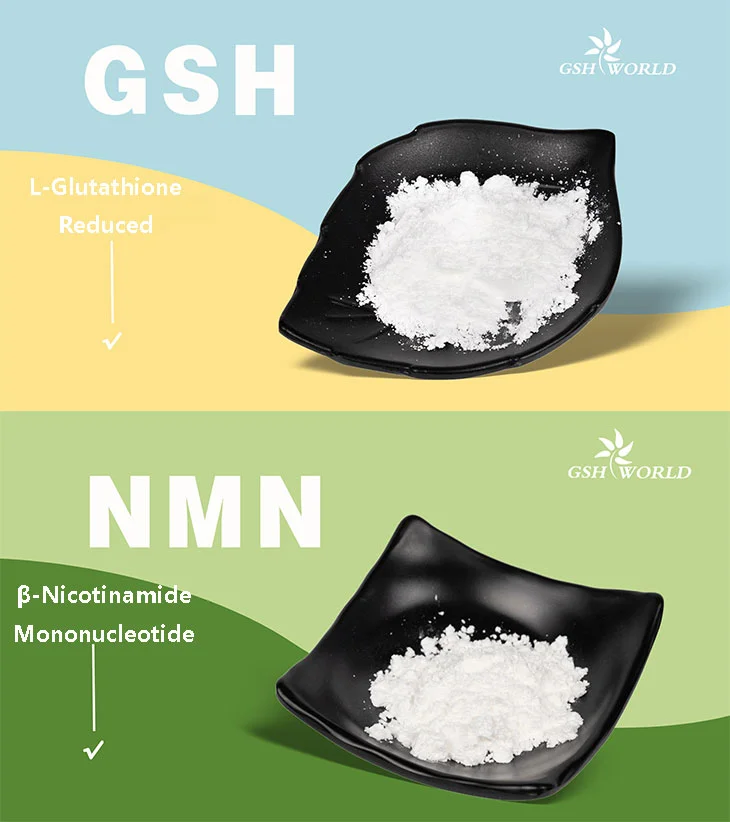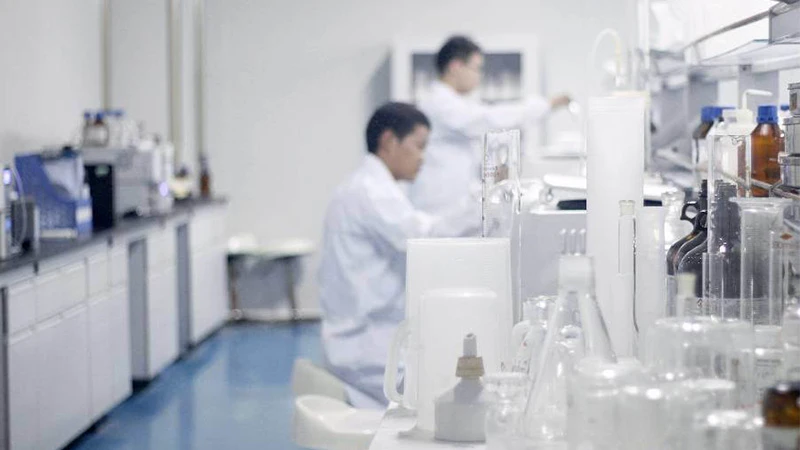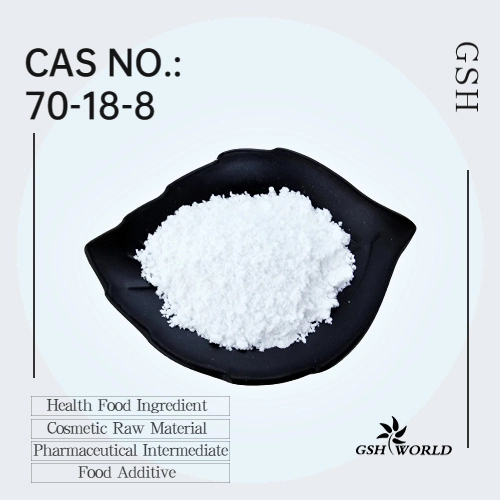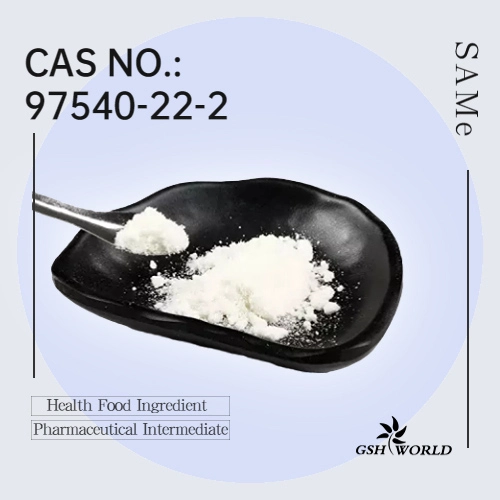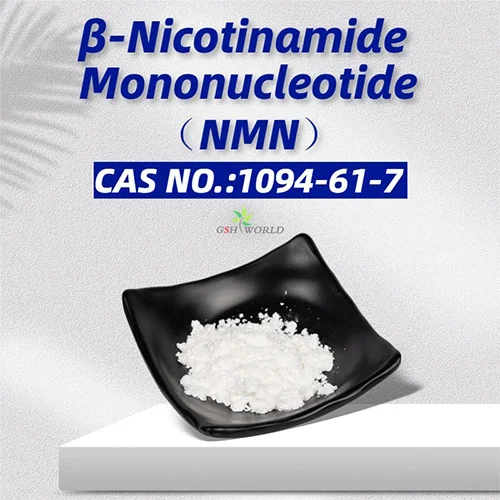NMN maintains intestinal health
Nicotinamide Mononucleotide (NMN) is the product of the nicotinamide phosphoribosyltransferase reaction and a key NAD+ intermediate.
NMN displays unique functions in promoting hepatic gluconeogenesis, insulin secretion, muscle insulin sensitivity, and adipose tissue lipogenesis. In particular, NMN also helps maintain intestinal health, including the integrity of the intestinal epithelium, the structure of the intestinal microbiota, and the homeostasis of intestinal metabolism.
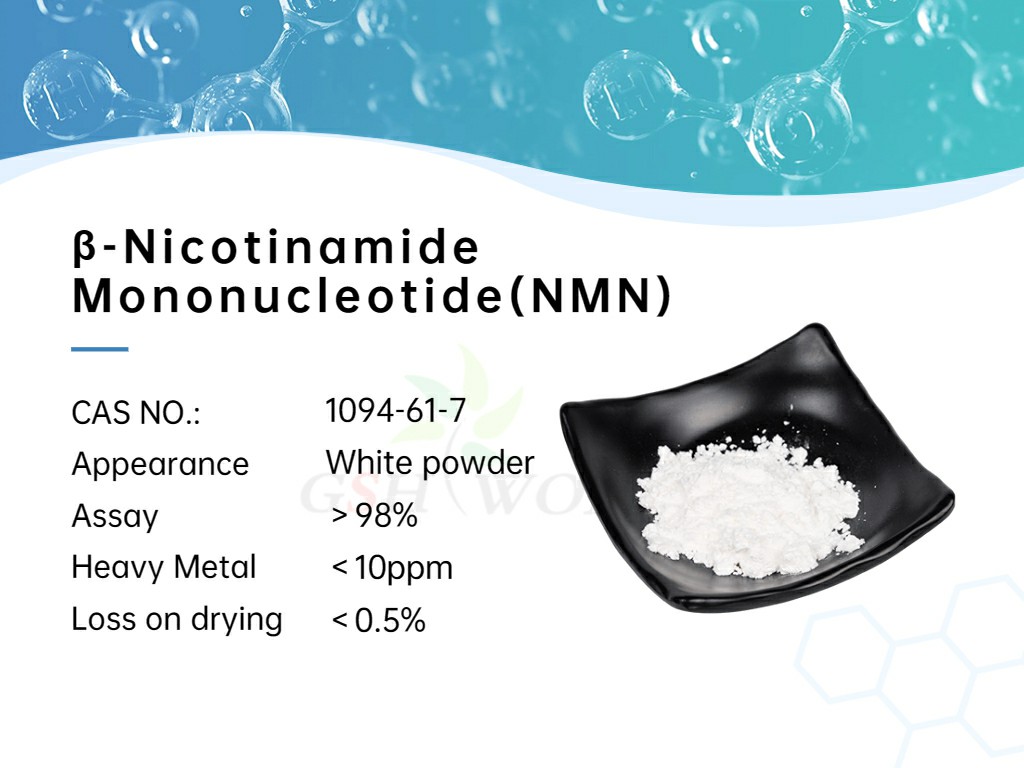
On this basis, the researchers explored the potential beneficial effects of NMN in improving intestinal health.
NMN has long been shown to modulate gut microbiota and inflammation in different dietary and pharmacological mouse models of compromised gastrointestinal barrier function.
01. Increase levels of beneficial gut bacteria
Studies have proven that taking NMN can significantly increase serum NAD+ levels.
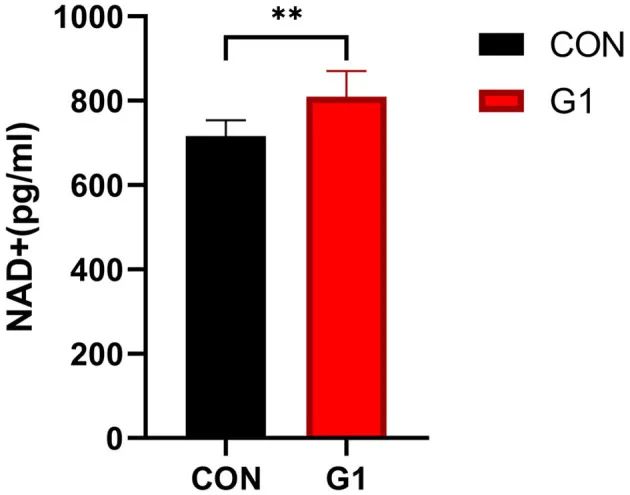
▲Serum NAD+ levels significantly increased after long-term NMN treatment
G1 group mice (supplemented with 0.1 mg/mL NMN for 15 consecutive weeks)
Long-term use of NMN increases levels of beneficial gut bacteria such as Lactobacillus, Bifidobacterium, Prevotellaceae, and Akkermansia. The latter, a commensal gut bacterium linked to metabolic health and reduced risk of obesity and diabetes, is known to produce butyrate and have probiotic properties.
At the same time, the presence of harmful bacteria in the intestinal microbiota is significantly reduced, such as Bilephila, Oscillator and Desulfovibrioceae. This change in gut microbiota composition is associated with improved intestinal barrier function, reduced inflammation, and increased intestinal mucus secretion. In addition, NMN supplementation improves the expression of genes involved in maintaining intestinal homeostasis and prevents high-fat diet-induced disruption of intestinal barrier function.
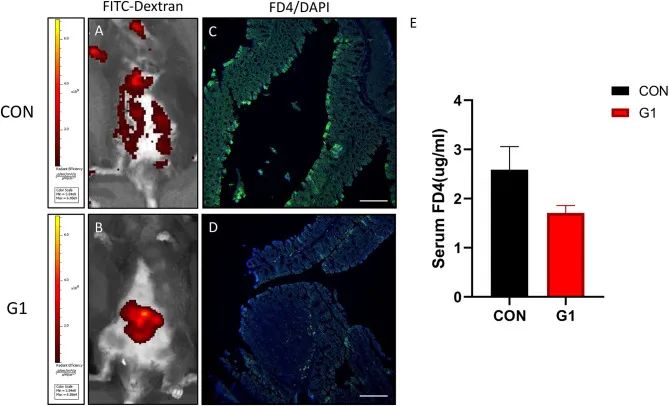
▲NMN reduces intestinal mucosal permeability and maintains mucosal barrier integrity.
G1 group mice (supplemented with 0.1 mg/mL NMN for 15 consecutive weeks)
NMN has shown potential to improve the morphology and barrier function of the inflamed intestine.
In fact, NMN significantly increased the relative fecal abundance of Firmicutes, Verrucomicrobia, Akkermansia, and Lactobacillus, which are considered beneficial bacteria involved in SCFA (acetate, propionate, and butyrate) of production. Additionally, members of the unclassified phylum Bacteroidetes and Muribacteriaceae were also reduced. While NMN does not completely relieve intestinal inflammation, supplementing it may prevent the progression of the disease and reduce pain caused by inflammatory bowel disease.
02. Reshape the gut microbiota
Research has also found that NMN supplementation is effective in other conditions related to disturbances in intestinal homeostasis. For example, in radiation-induced gastrointestinal injury, C57BL/6J mice received 15 Gy abdominal irradiation and supplemented with NMN (300 mg/kg/day) in drinking water. Long-term supplementation of NMN reduced intestinal fibrosis and remodeled the intestines. Composition and function of the intestinal microbiota dysregulated by ionizing radiation (IR). In addition, Akkermansia and metabolism-related pathways were more abundant in irradiated mice after NMN treatment.
03. Improve intestinal dysfunction
NMN can also improve intestinal dysfunction and dysbiosis associated with other intestinal discomfort conditions, such as those caused by sleep deprivation in mice. Studies have demonstrated that NMN not only improves intestinal physiology and microbiota but also restores colonization resistance to intestinal infections.
Supplementing NMN is beneficial to improving the stability and adaptability of intestinal flora. NMN can increase NAD+ levels, thereby increasing antioxidant levels, reducing inflammation, and increasing intestinal barrier function.
references:
[1] Niño-Narvión J, Rojo-López MI, Martinez-Santos P, Rossell J, Ruiz-Alcaraz AJ, Alonso N, Ramos-Molina B, Mauricio D, Julve J. NAD+ Precursors and Intestinal Inflammation: Therapeutic Insights Involving Gut Microbiota. Nutrients. 2023 Jun 30;15(13):2992. doi: 10.3390/nu15132992. PMID: 37447318; PMCID: PMC10346866.
[2] Nagahisa T, Yamaguchi S, Kosugi S, Homma K, Miyashita K, Irie J, Yoshino J, Itoh H. Intestinal Epithelial NAD+ Biosynthesis Regulates GLP-1 Production and Postprandial Glucose Metabolism in Mice. Endocrinology. 2022 Apr 1;163(4):bqac023. doi: 10.1210/endocr/bqac023. Erratum in: Endocrinology. 2022 Jun 1;163(6): PMID: 35218657.
[3] Huang P, Jiang A, Wang X, Zhou Y, Tang W, Ren C, Qian X, Zhou Z, Gong A. NMN Maintains Intestinal Homeostasis by Regulating the Gut Microbiota. Front Nutr. 2021 Jul 29;8:714604. doi: 10.3389/fnut.2021.714604. PMID: 34395502; PMCID: PMC8358781.
[4] Zhao X, Ji K, Zhang M, Huang H, Wang F, Liu Y, Liu Q. NMN alleviates radiation-induced intestinal fibrosis by modulating gut microbiota. Int J Radiat Biol. 2023;99(5):823-834. doi: 10.1080/09553002.2023.2145029. Epub 2022 Nov 16. PMID: 36343364.
*Special note - This article is for informational purposes only and cannot replace a doctor's treatment diagnosis and advice. It should not be regarded as a recommendation or proof of efficacy of the medical products involved. If it involves disease diagnosis, treatment, and rehabilitation, please be sure to go to a professional medical institution to seek professional advice.
by GSHWORLD
GSHWORLD is China Biological API Manufacturer. China NMN Supplements powder suppliers & best NMN benefits raw material Factory.


